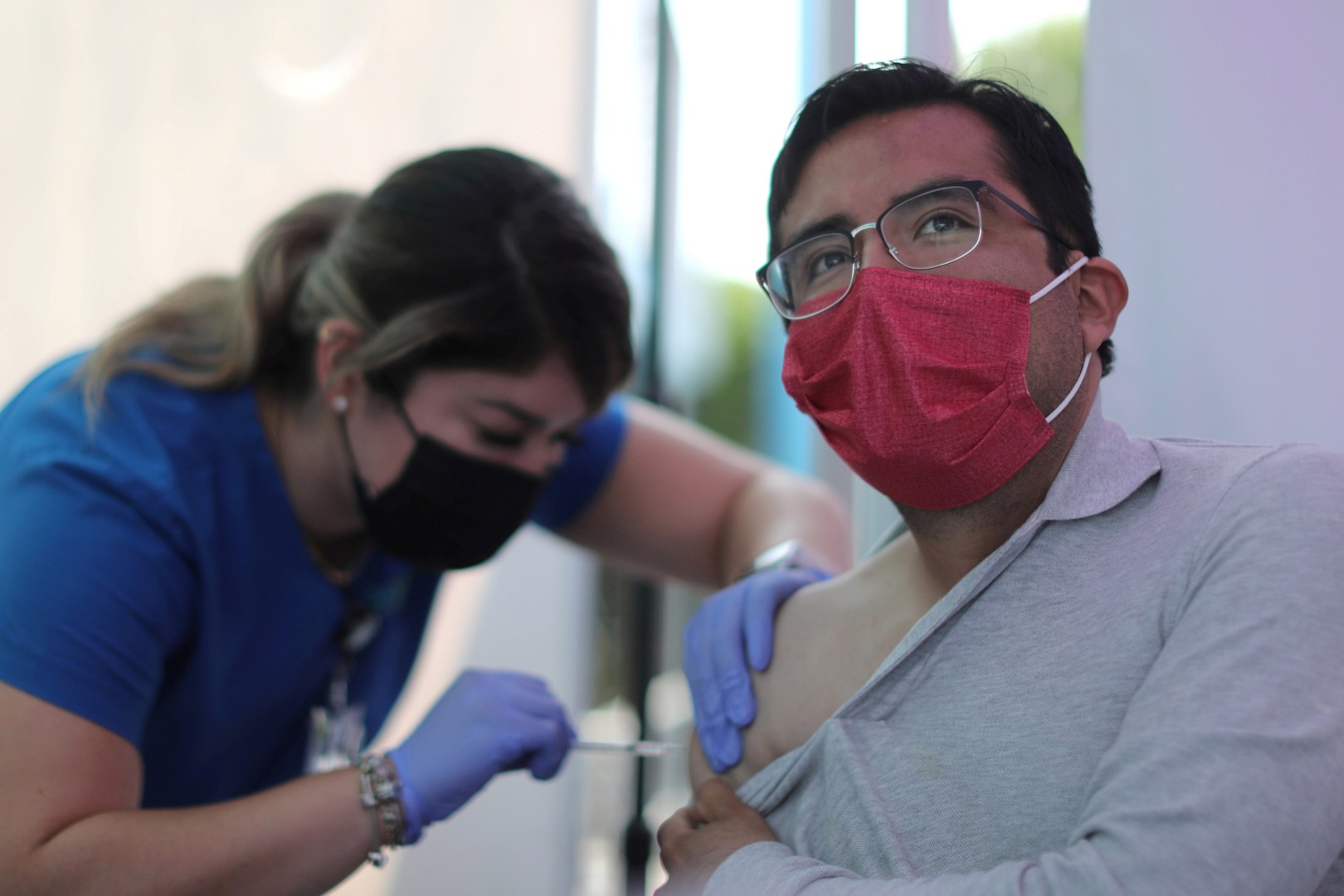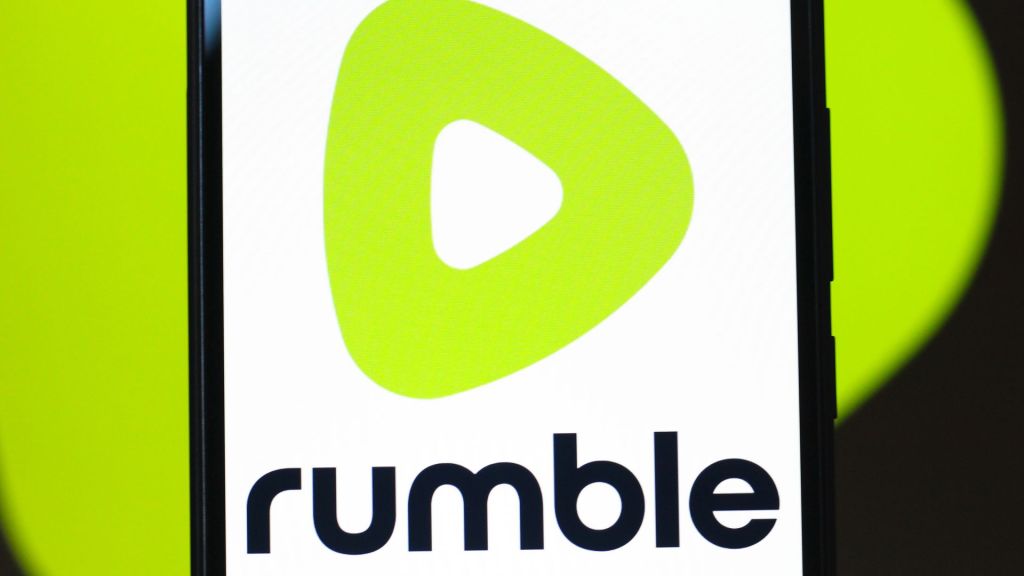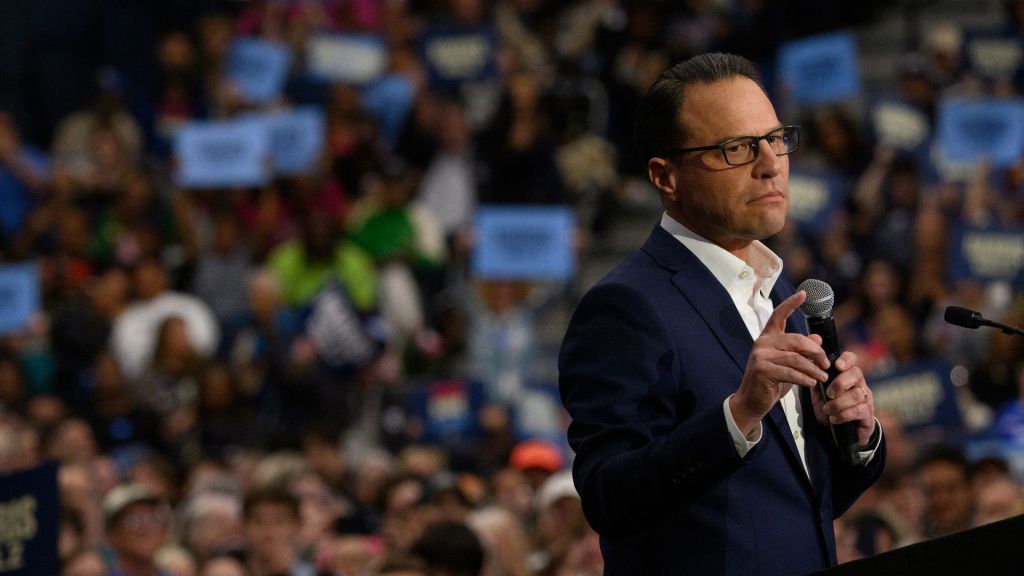
Paul Koretz, Los Angeles City Council member: “Thank you, Madam President. I do have two recommendations I’d like to make. Not to the ordinance, but a suggestion I’d like the CLA to consider for the rules and regulations coming back to council in a couple of weeks. First, since malls and shopping centers have multiple entrances and I represent one of the ones with the most entrances and complications, it makes logistics of these locations more complicated, and I’d like the CLA to report back on allowing shopping malls to post signage at all entrances, stating that a vaccination is required for entry and that failure to comply may be grounds to deny entry. Second, in the interest of this being as self-enforcing is possible, I’d like to suggest that the CLA report pack on a provision that requires businesses who receive a notice to correct or an ace violation to place that notice in a prominent location at the entrance of their establishment. The Department of Public Health is already placing the names and addresses of businesses that receive COVID-related public health violations on its website, and I know that I would personally take pause when walking into a restaurant that had been warned or cited for violations. So I think this would have an impact. If patrons look at this the same way as they would a Department of Public Health letter grade or inspection score, maybe we would get a greater degree of cooperation and compliance from business owners. And Madam President I am happy to make this a motion if it’s needed. But I think it’s fairly friendly and would ask you to include this. And that being said, I encourage and I vote on on the main item.”
Nury Martinez, Los Angeles City Council President: “Thank you, Mr. Koretz. And without objection that will be incorporated into our report back. Thank you. I would accept that as a friendly. Let’s go ahead and call for the question. Let’s open the roll. Close the row and tabulate the vote.”
Clerk: “Eleven ayes, two nos.”
City Attorney: “So to be clear, so the the ordinance is passed, but not with the urgency clause, which required 12 votes.”
Nury Martinez, Los Angeles City Council President: “Thank you, Mr. City Attorney.”
Jeffrey Zients, White House COVID Response Coordinator: “Today we’re making another billion dollar investment to further mobilize testing manufacturers. This means companies will be able to expand production of tests even further based on the United States government’s commitment to procure an additional 180 million rapid tests over the course of the next year, with tens of millions more tests coming to market over the course of the next 30 days.”
“We were on track to double the supply of rapid home tests available on the market each month by early November. Authorization of the new Acon (lab) test on Monday accelerates this pace, and we are now on track to triple the number by early November. And then today’s billion dollar investment to further expand testing production puts us on track to quadruple the amount of at-home rapid tests available for Americans by December. So that means we will have available supply of 200 million rapid at-home tests per month starting in December, with supply of tens of millions of additional tests coming on the market across the next few weeks.”










